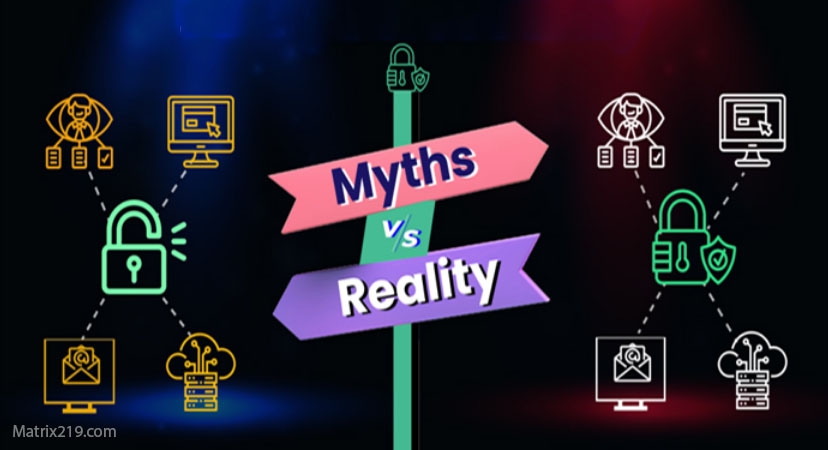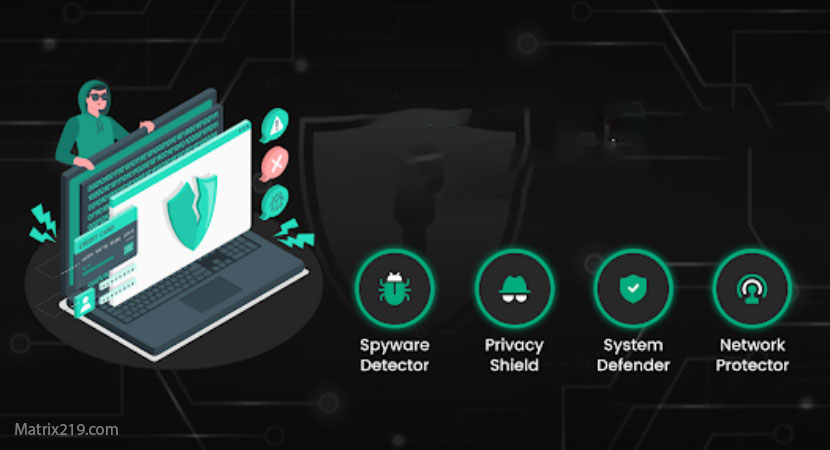The Importance of Enterprise Information Security
In today’s digital world, large enterprises face increasing cybersecurity threats that require advanced strategies to protect sensitive data. Implementing strong security measures helps ensure confidentiality, integrity, and availability of critical business information.
1. Why Information Security is Critical for Enterprises
Enterprise information security is essential for safeguarding financial data, intellectual property, and personal records of customers and employees. Effective security strategies help:
- Prevent Data Breaches: Protect sensitive data from unauthorized access.
- Ensure Business Continuity: Reduce the risk of cyberattacks disrupting operations.
- Build Customer Trust: Strengthen relationships with clients and partners by securing their information.
2. Major Cybersecurity Threats Facing Enterprises
Large corporations are frequent targets for cybercriminals. Common threats include:
- Malware and Ransomware: These attacks can lock critical data and disrupt operations.
- Phishing and Email Attacks: Fraudulent emails trick employees into revealing sensitive information.
- Network Intrusions: Hackers exploit system vulnerabilities to gain unauthorized access.
3. Key Enterprise Security Strategies
To protect corporate data, organizations should implement:
- Data Encryption: Secure sensitive data from unauthorized access.
- Regular Software Updates: Patch vulnerabilities to prevent exploits.
- Firewall Protection: Block unauthorized access to corporate networks.
4. Implementing Intrusion Detection & Prevention Systems (IDS/IPS)
Intrusion detection and prevention systems help identify and stop cyber threats:
- Intrusion Detection Systems (IDS): Monitor network activity for suspicious behavior.
- Intrusion Prevention Systems (IPS): Actively block malicious traffic and prevent attacks.
5. Access Control and Identity Management
Enterprises must enforce strict access control policies to limit data exposure:
- Role-Based Access Control (RBAC): Restrict data access to authorized personnel only.
- Activity Monitoring: Track user access to detect unauthorized attempts.
6. Employee Cybersecurity Awareness and Training
Human error is a major security risk, making employee training crucial:
- Recognizing Phishing Emails: Employees should learn how to identify fraudulent messages.
- Password Security Policies: Encourage the use of strong, unique passwords.
- Securing Mobile Devices: Establish guidelines for safely using company data on smartphones and tablets.
7. Incident Response and Disaster Recovery Plans
Having a response plan ensures quick and efficient action during security incidents:
- Incident Reporting: Employees must know how to report potential security breaches.
- Data Recovery Strategy: Regular backups help restore critical information after an attack.
Conclusion
Enterprise information security is not optional—it is a necessity for protecting corporate data and ensuring business continuity. By implementing strong security policies, training employees, and preparing for cyber incidents, large organizations can significantly reduce security risks and maintain a secure digital environment.
Source: Read the full article on Matrix219.Net





